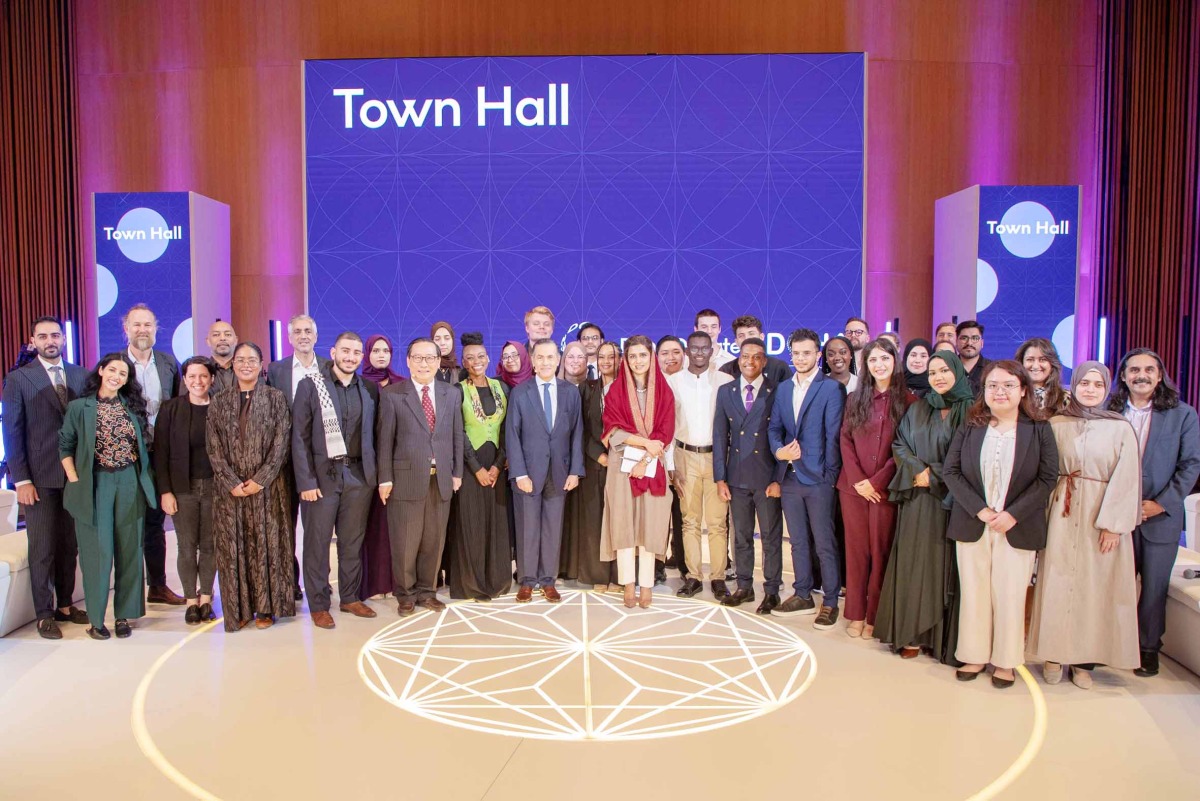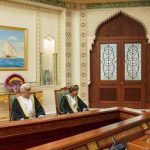The recent town hall event held by Doha Debates at Qatar National Convention Centre brought together experts and students to discuss the essential ideas and values needed to build a better world. The event, titled “Global order: Which principles should shape our future?”, focused on the competing values in society that can contribute to a more equitable and peaceful world. The panel, which included Victor Gao, Hina Rabbani Khar, and Vali Nasr, covered critical issues such as the future of liberalism, human rights, the role of nation states, and the influence of BRICS on the global order.
Victor Gao advocated for China’s development-first model, emphasizing the importance of focusing on development, stability, and peace to achieve prosperity. On the other hand, Vali Nasr highlighted the contributions of liberalism to the global order, despite challenges to its dominance. Hina Rabbani Khar focused on the need for a universal application of baseline values, particularly human rights, to restore credibility to the international order. The panel’s diverse perspectives and the questions raised by the audience of students and recent graduates provided a comprehensive view of the complexities surrounding global order and the values that shape it.
During the event, Lina Darwish questioned the notion that liberalism originated from the West, citing ongoing conflicts in Palestine funded by Western powers. Other students challenged Gao’s claims of China’s non-interventionist stance, pointing to the country’s policies towards Uyghur Muslims and its expanding influence in Africa. Despite these exchanges, the panelists encouraged the audience of young leaders to think critically and independently about the future they envision for themselves and the world.
Overall, the Doha Debates town hall provided a platform for engaging discussions on the principles that should guide our future and the values necessary for a more just and peaceful world. The event underscored the importance of diverse perspectives and critical thinking in addressing the challenges facing the global order and emphasized the role of young leaders in shaping the future. By exploring different viewpoints and questioning established norms, the participants of the town hall contributed to a rich and thought-provoking dialogue that highlighted the complexities of building a better world in today’s complex and interconnected global landscape.


























